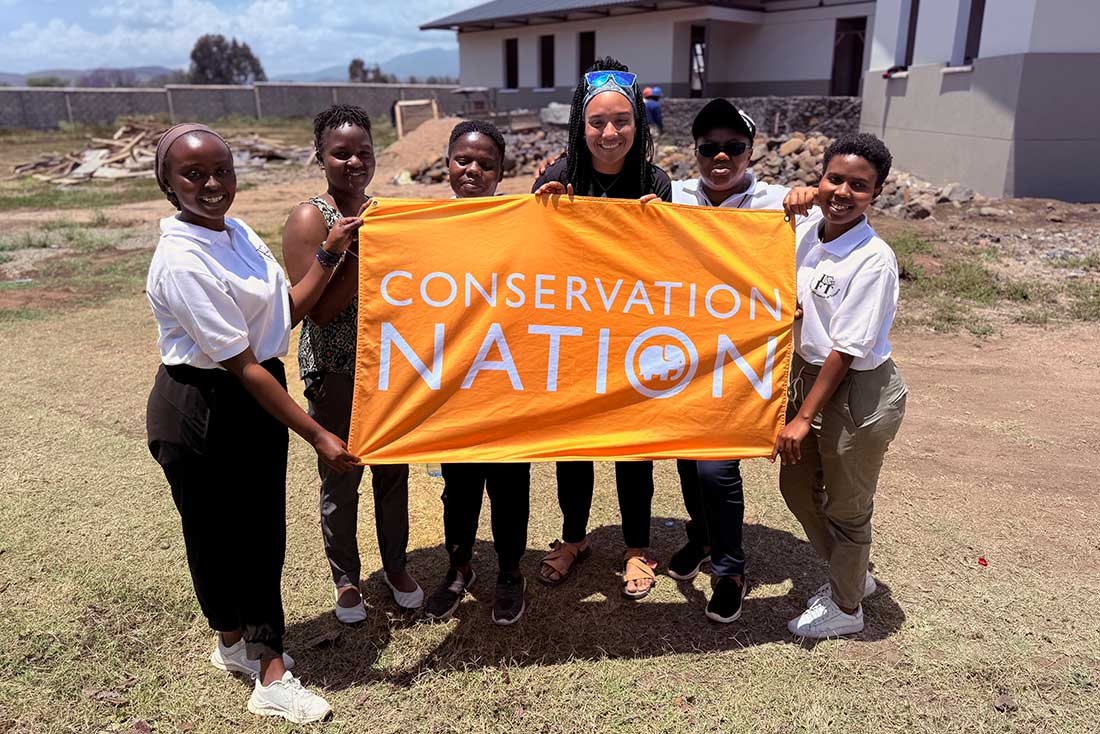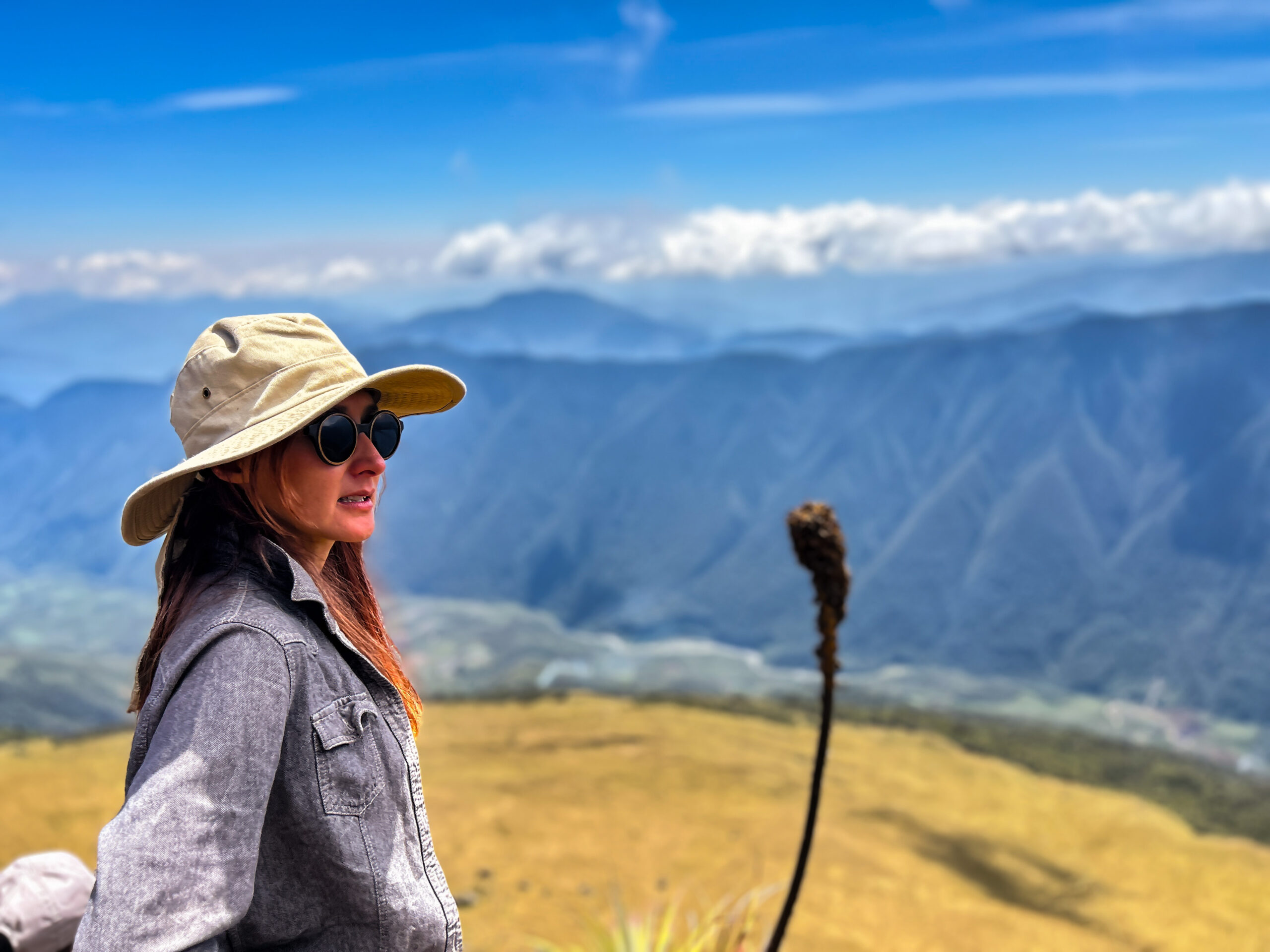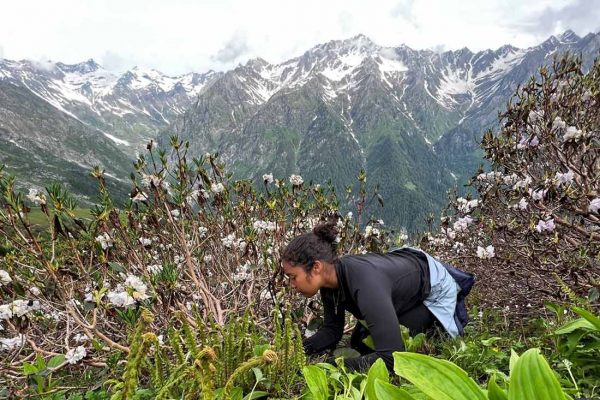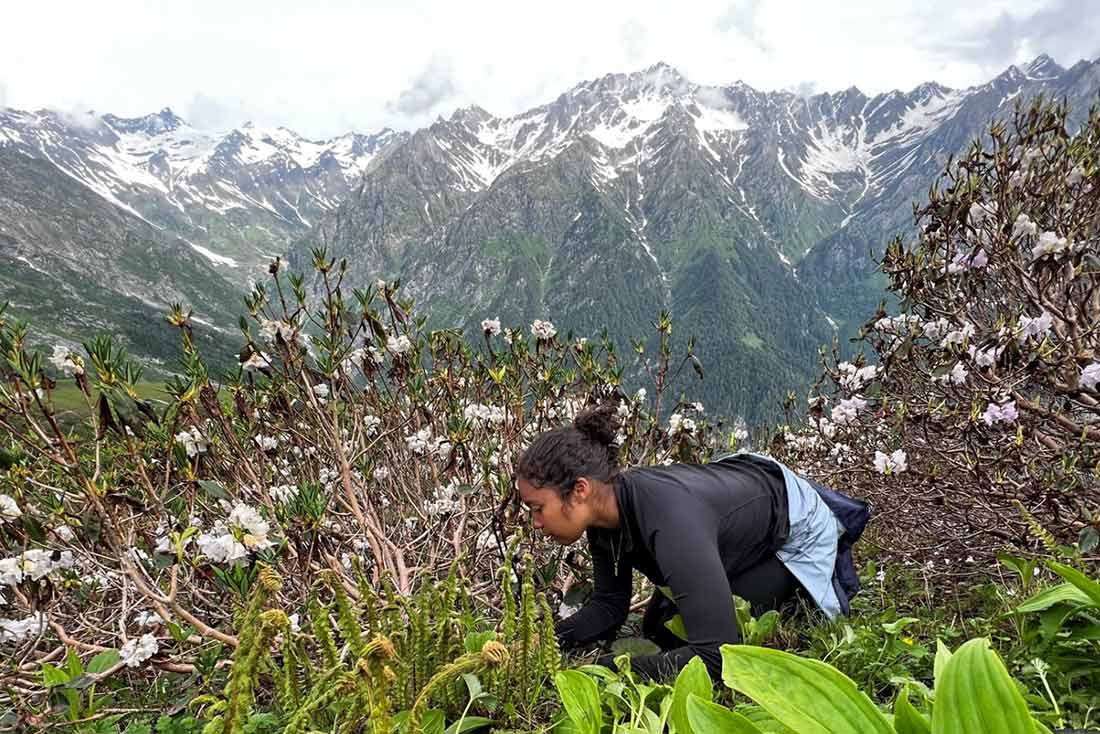Tatjana Washington is one of Conservation Nation’s 2022 emerging conservationist grant winners. She is an ecologist and evolutionary biologist whose mission is to provide solutions to mitigate climate change impacts on birds and other wildlife species and to improve environmental justice initiatives in Black coastal communities.
Tatjana is a first-year Ph.D. student in the Committee of Evolutionary Biology program at the University of Chicago. Her dissertation research will examine climate change impacts on warbler nest-building construction in the Himalayas. Previously, she was an M.S. candidate in the Department of Environmental Conservation at the University of Massachusetts. She is an alumna of The College of Charleston in South Carolina, where she received a B.S. in biology with a minor in environmental and sustainability conservation.
During college, Tatjana became a voice for sustainable practices on campus by founding a chapter of The Stone Soup Collective—a nonprofit aimed at tackling food insecurity in Charleston. She has also served as a Northeast Climate Adaptation Science Center (NE CASC) fellow, BRiDGE program organizer at the University of Massachusetts Amherst, research assistant at the Wildlife Conservation Society, and pathways intern at the Migratory Birds Division at the U.S. Fish and Wildlife Service.
After completing her doctoral program, she will pursue a tenure-track faculty position at a public research institution. As a future professor, Tatjana will use her skill set to communicate research to various communities and increase visibility and representation in STEM.
Construction Analysis of Old Leaf Warbler Nests
Tatjana’s project will focus on helping birds survive climate change. She will research how 12 species of Old World leaf warblers build their nests during different seasons in the Western Himalayas. By examining each species’ behaviors during nest building—along with the waterproofing and heat-resistant features of each type of nest—she hopes to understand how the birds might create them to withstand the impacts of climate change. Tatjana acknowledges that she lacks a sizable workforce and practical experience working in the Western Himalayas. However, she has already built strong relationships with local community members and hired two field assistants to assist her with gathering observational data and collecting nests. With the Western Himalayas facing excessive warming and snow melt, Tatjana hopes her project will highlight Old World leaf warblers as bioindicators of climate change in the region.











